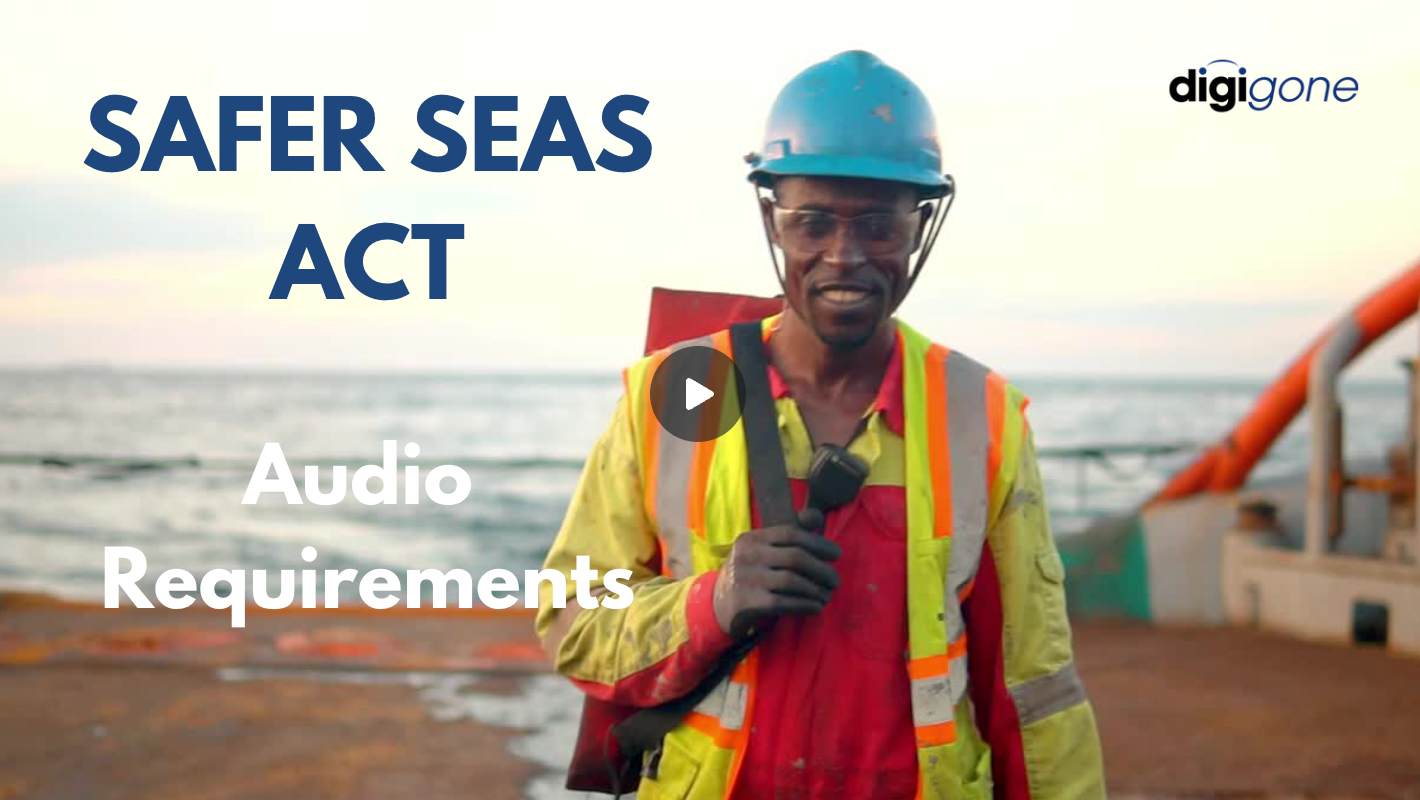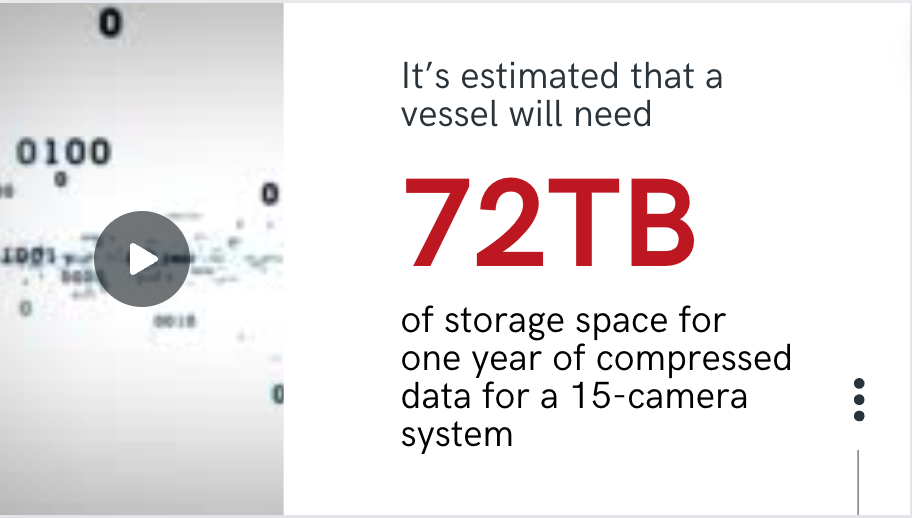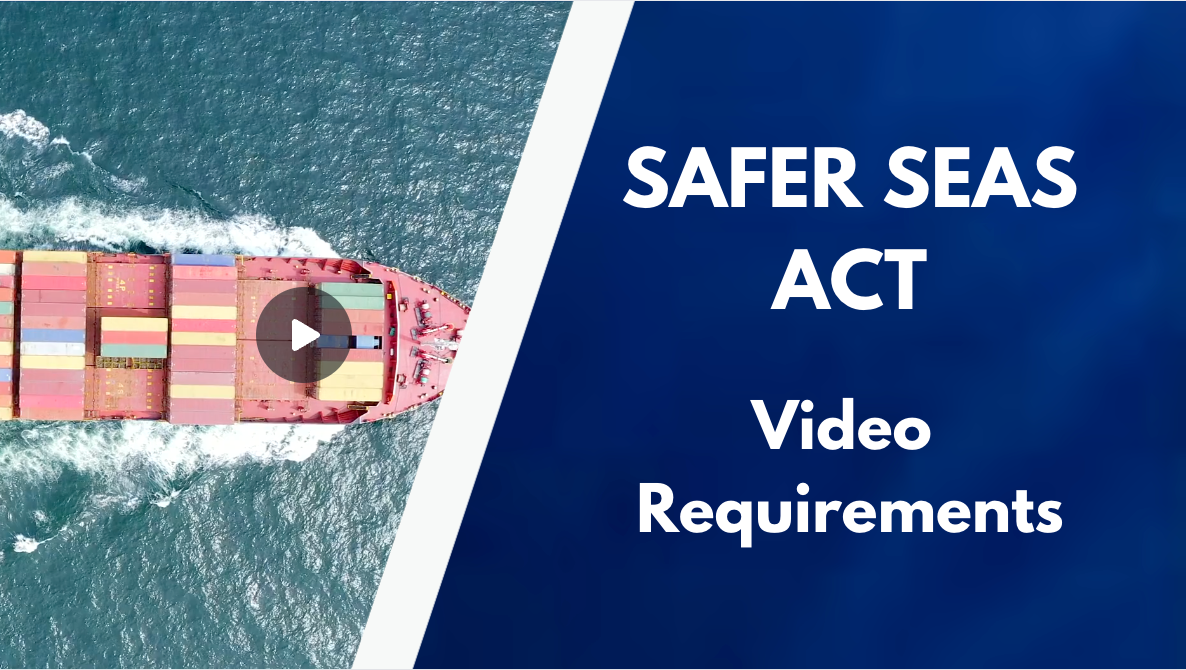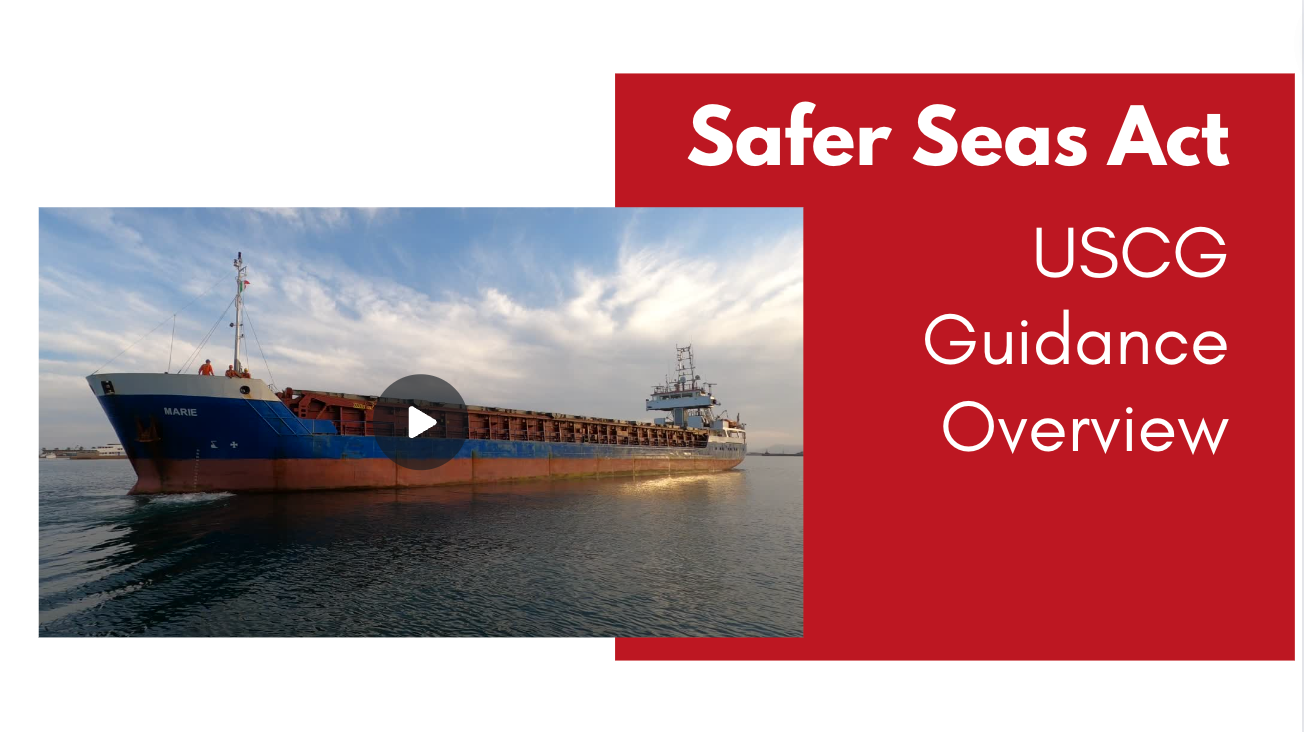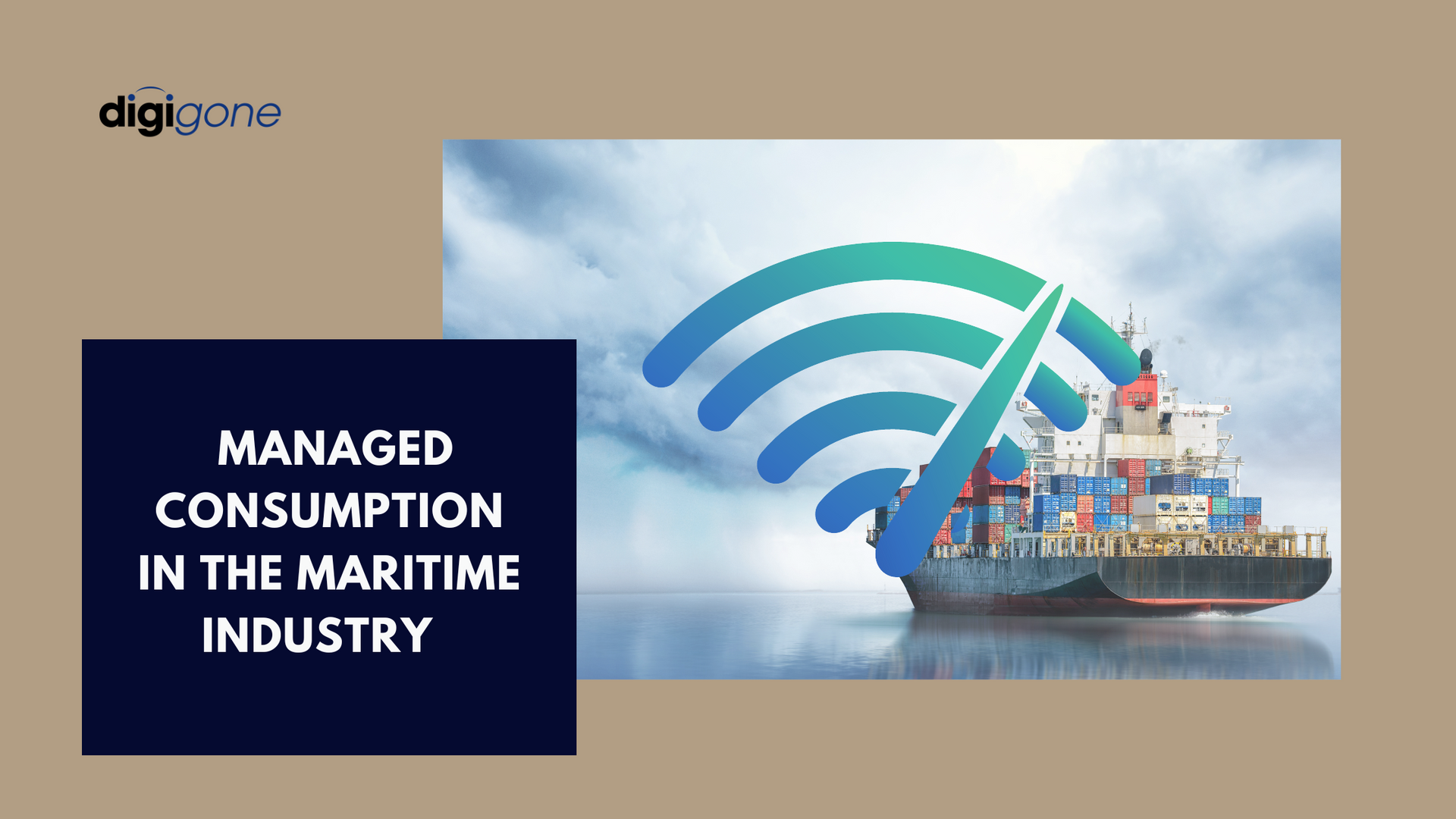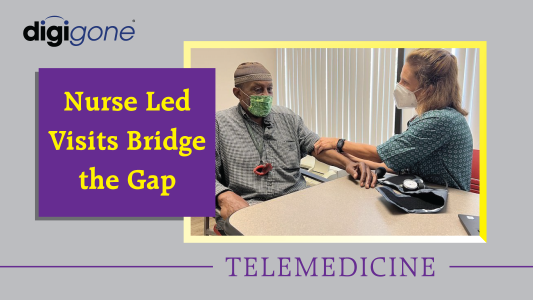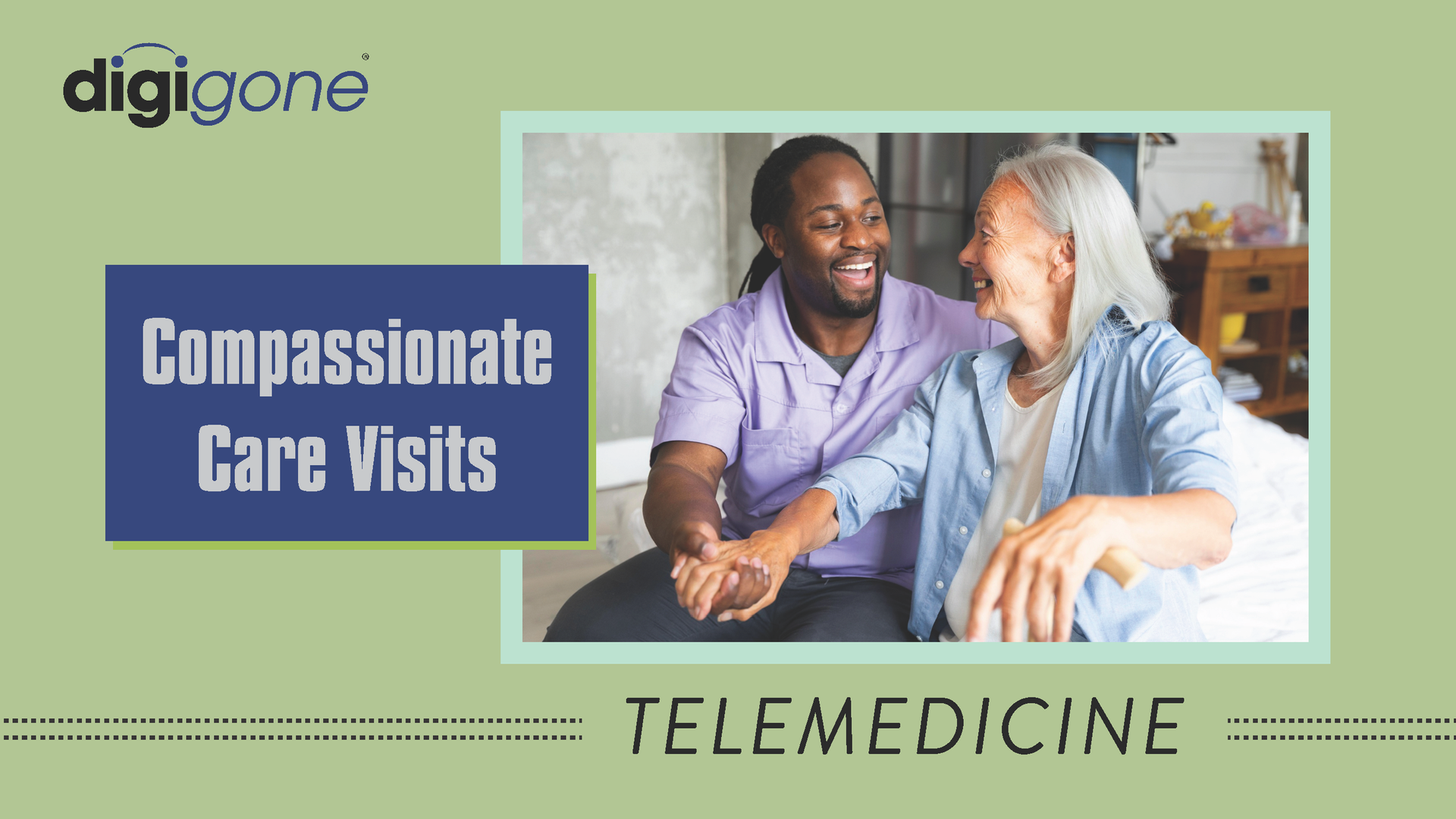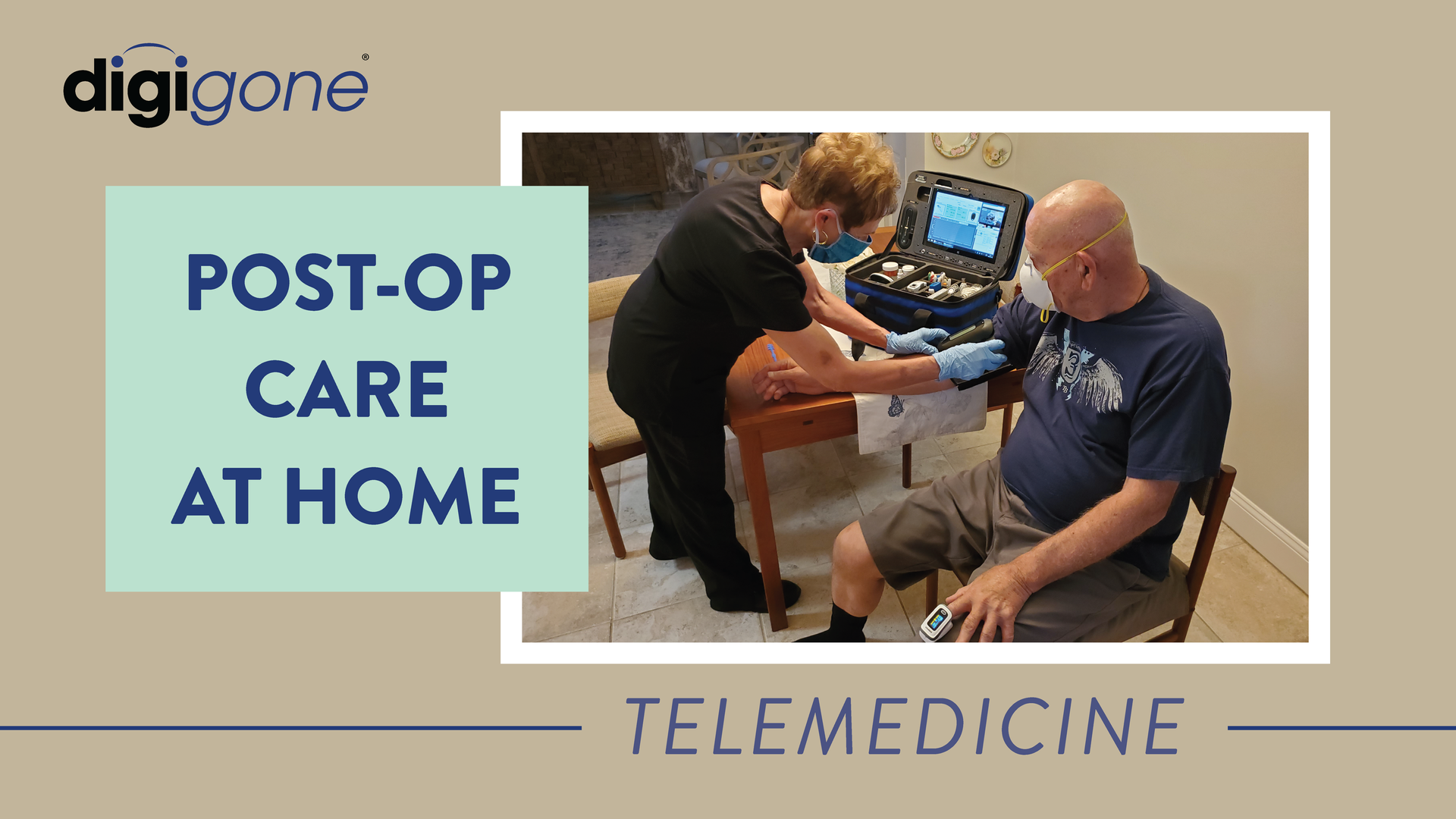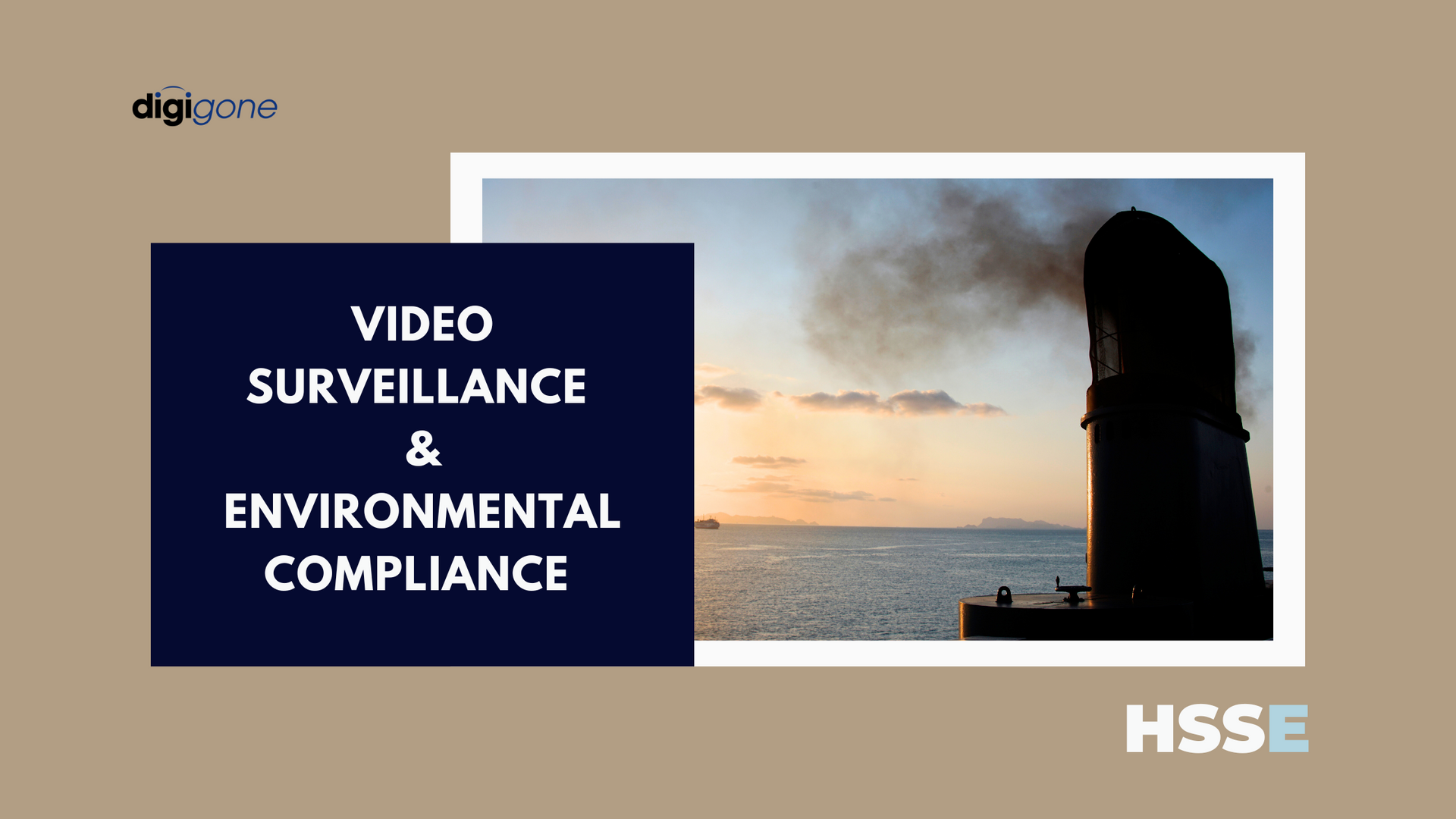Hendrick Marine Sets Sail with Tools & Protocols in Place
In the new normal, a telemedicine kit along with COVID-19 protocols help keep yachts sailing.

Recently the Center for Disease Control and Prevention (CDC)
allowed the no-sail order for cruise ships to expire and introduced a pathway for resuming services so long as companies can assure the safety of passengers. Prior to booking passengers, the program requires that cruise lines embark on mock voyages with crews to demonstrate their ability to keep everyone healthy using extensive COVID-19 protocols.
Fortunately, for yachts, the process of ensuring a safe environment: 1) Isn’t such a stretch of the imagination and 2) doesn’t require near that much time or government regulation.
Regardless, due to the COVID-19 pandemic, travelers’ expectations have shifted. It’s not just about clean sheets and bathroom sinks anymore; travelers need to know that they and their families are safe. At the same time, we also know travelers consider vacations at sea as an option for avoiding crowded resorts and restaurants. A recent study showed a 39% increase in interest over last year in small ship or expedition cruises for the upcoming year.
And,
as we’ve said before, customers shouldn’t even have to ask what precautions are being taken to prevent the spread of the coronavirus. A thorough plan should be the first thing on your website and other marketing channels.
We recently spoke to Rocky LaSorsa, fleet captain for Hendrick Marine, about how they have adjusted during this time and what permanent industry shifts he sees going forward.
Create A Specific Plan
Captain LaSorsa said his passengers don’t always come out and ask about protocols, perhaps out of respect because they’re usually guests of the Hendrick family, but he says that doesn’t diminish his responsibility for ensuring a safe environment.
“Immediately when coming aboard they see us wearing masks and changing gloves regularly, as well as wiping down every contact surface as much as possible. We have UV lights and anti-microbial filters in every air handler. We also spray a misting anti-viral cleaner around the entire vessel before and after every trip to completely disinfect every surface,” Captain LaSorsa said.
All crews are tested for COVID-19 and antibodies before any guest interaction. And everyone on board has to provide details on recent contacts and travel history. Additionally, there are daily temperature and symptom checks. Captain LaSorsa has had no complaints about any of it -- the opposite if anything and he sees this as standard operating procedures for the foreseeable future.
“We’ve also enhanced cleaning and disinfecting practices including galley sanitizing with quaternary solution, PPE, flash-frozen foods and less food handling by the crew,” Captain LaSorsa said.
A Clinic At Sea
After setting sail, risks don’t suddenly disappear. COVID-19 symptoms can present as long as two weeks after exposure. Captain LaSorsa uses telemedicine and virtual doctor visits to ensure the safety of his guests and crew while at sea.
“Throughout 2020, we used our digiMed Five Plus kit routinely to help combat COIVD-19,” Captain LaSorsa says. “When someone thinks that they are symptomatic, we immediately get them on the unit and in front of a GWU [George Washington University*] medical professional to discuss their symptoms and to direct us with a course of action to best help the patient, as well as keep the rest of the guests and crew onboard safe.”
Captain LaSorsa can mitigate risks of a widespread outbreak based on the advice of the doctors. A real-time medical diagnosis takes the guesswork out of the next best steps. Perhaps most importantly, having this technology and medical access available 24/7 eases anxiety for both crew and passengers.
“Our kit has changed the way in which we medically care for guests and crew. It has increased our confidence-level in response to all medical situations and is vital to combat medical emergencies at sea,” says Captain LaSorsa.
More importantly, these “virtual walk-in clinics at sea” build confidence in potential customers. Families need vacations and are seeking safe ways to travel. With clear and specific protocols in place and a telemedicine kit as a safety net, there’s no reason not to set sail.
*Digi+Doc is a tier-one remote medical service offered by George Washington University’s Maritime medical access program, which leverages their decades of experience and innovation with remote, around the clock care. The program allows immediate access to more than 500 physicians and specialists through a virtual, first-person diagnosis.

